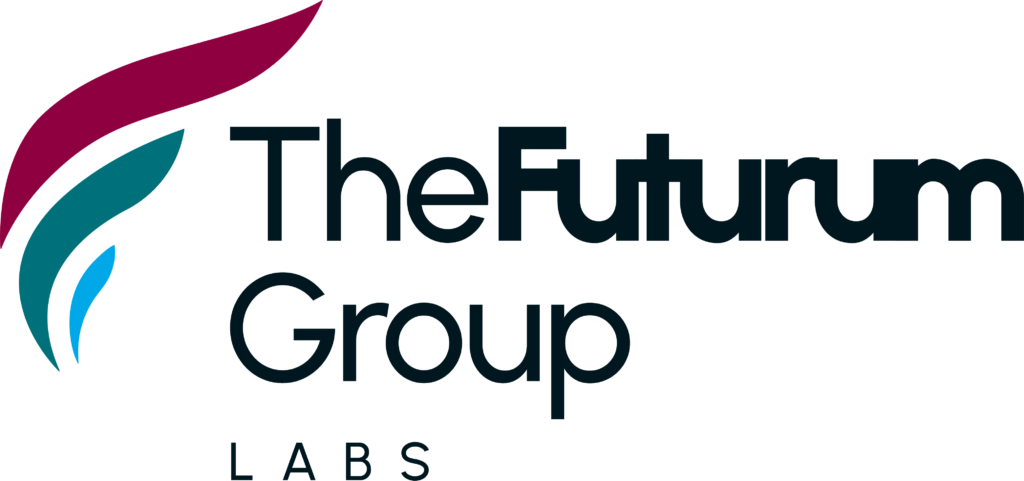Typically I write about storage. Now, as part of my research, I’m writing about data–data about you. The hottest commodity on the Web right now is data that describes who you are, what you like, what you do, who you know, where you’ve gone, where you might be, and what you are likely to do.
There are potentially tens of thousands if not hundreds of thousands of buyers, sellers, and collectors of data about you. For example, retailers of all stripes–from online to bricks and mortar–believe that they can sell more to you when they know more about you. They no longer want to sell to the anonymous masses. They want to sell to the person they think you are. And they are not alone. Accelerating sales drives the desire for data about you for any company that deals directly with the general public.
You can donate data about yourself freely when you “opt in” to services that share your data with your consent. Or, you can give it away freely just by surfing the Web. Your click trail speaks to who you are. It can be stored and retrieved later by someone, or it can be analyzed in real time. And data about you can be gathered unscrupulously, for example, by Web sites that sell it without your consent.
But the Web pales in comparison to the smartphone as a potential collector of data about you. The smartphone knows where you go and when. It knows who you talk to. And when you use it to make purchases, as is now envisioned with the advent of electronic money, it can know what you buy and for how much. It could even know what you decided not to buy. In fact, what you don’t do when given the chance is just as important to those who want to know you as what you do.
Data about you is increasingly becoming a matter of electronic record that is bought and sold. I believe that the way you respond to knowing that fact depends at least in part on your age. The older you are, the more likely you are to feel Big Brother’s intrusion into your private life and will want to protect yourself. Younger generations are more trusting of technology and more likely to opt in.
And trust is another predictor of your willingness to opt in to services that share data about you. For example, if you become seriously ill, you might appreciate the growing movement in health care called personalized medicine. In this case, data about your health and your electronically recorded personal genome is correlated with data about positive outcomes for treatment modalities seen with patients whose genomes are similar to yours. Knowing this, you might prefer personalized medicine to the way health care is now delivered. You could trust that your health care provider is ultimately acting in your best interest and would be willing to reveal your genomic data to that provider as well as share–anonymously of course–your genomic data with research institutions so that others might be helped as you have been.
Data that defines you is hot. I believe that it motivates recently proposed acquisitions like Google’s plan to buy Motorola Mobility. It’s also a major driver of the many big data analytics technologies–Hadoop, perhaps, foremost among them–that are now emerging in corporate data centers.
However, technologies that capture, analyze, and store data that defines you are a double-edged sword. Depending on the intent of users of that data, you can be helped or hurt. It has traditionally been the role of government to protect us from those who mean to do us harm. Yet government appears to be incapable at the present time to even begin to have a dialogue with us over how we should be protected. Is government-sponsored electronic surveillance for example, good because it would protect us from those that would do us ill? Yes? Yes, sometimes? No, never? Indeed, do you even trust government enough to act in your best interest with your data? Notwithstanding the current downswing in sentiment toward the need for government in any form, it’s a debate we need to have, and soon.

